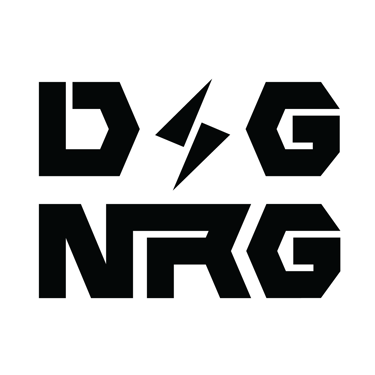
The Importance of Security Audits in DeFi, NFT, and Web3
Ra
8/24/20252 min read


Introduction: The Importance of Security Audits in DeFi, NFT, and Web3
As decentralized finance (DeFi), non-fungible tokens (NFTs), and Web3 technology continue to flourish, the security of smart contracts becomes paramount. Vulnerabilities in Solidity code can lead to severe financial losses and reputational damage. This is where professional security audits come in, providing comprehensive reviews of smart contracts to identify potential risks before they are exploited by malicious actors.
Understanding the Top 7 Vulnerabilities
1. Reentrancy: This bug occurs when a contract calls an external contract and that external contract makes a recursive call back into the original function. An example of vulnerable code involves unprotected ether transfers. Modern audits utilize tools like Slither and manual reviews to prevent such exploits.
2. Access Control Misconfigurations: Faulty permission settings can allow unauthorized users to make critical changes. Auditors check for proper modifiers and review logic to ensure these gates are secure.
3. Unchecked External Calls: Sending ether to an external contract without verification opens doors for attacks. Audit strategies often include rigorous simulations to catch these scenarios.
4. MEV Exploits: Miner extractable value (MEV) risks can occur if transactions aren't properly ordered. Auditing helps to enforce transaction integrity, ensuring added values remain with legitimate users.
5. Upgradeability Pitfalls: Contracts should be designed to allow for upgrades without losing critical data. Auditors guide the implementation of proxy patterns to mitigate this risk.
6. Integer Overflows: This classic risk allows attackers to manipulate data and create unintended behaviors. Security audits incorporate arithmetic checks to prevent overflow vulnerabilities.
7. Flash Loan Risks: Flash loans can be utilized maliciously if not properly sanctioned. Auditors examine financial transactions meticulously to uncover potential faults.
Case Study: Success through Security Audits
One of our clients experienced a major exploit attempt that could have led to a severe loss. After a thorough DSGNRG audit, we identified a critical reentrancy vulnerability during our simulation phase, allowing the team to patch the loophole before deployment.
Actionable Checklist: Preparing for a Security Audit
Before undergoing an audit, projects should ensure their code is clean and comments are included for clarity. Use automated tools to flag up potential issues, and establish a communication channel with auditors to discuss findings and clarifications.
Conclusion: Requesting a DSGNRG Audit
In a landscape fraught with risks, security audits are not just an option; they are a necessity. Prevent financial losses and elevate your project by securing a thorough audit with DSGNRG. We’re here to help ensure your smart contracts are safe and sound.
